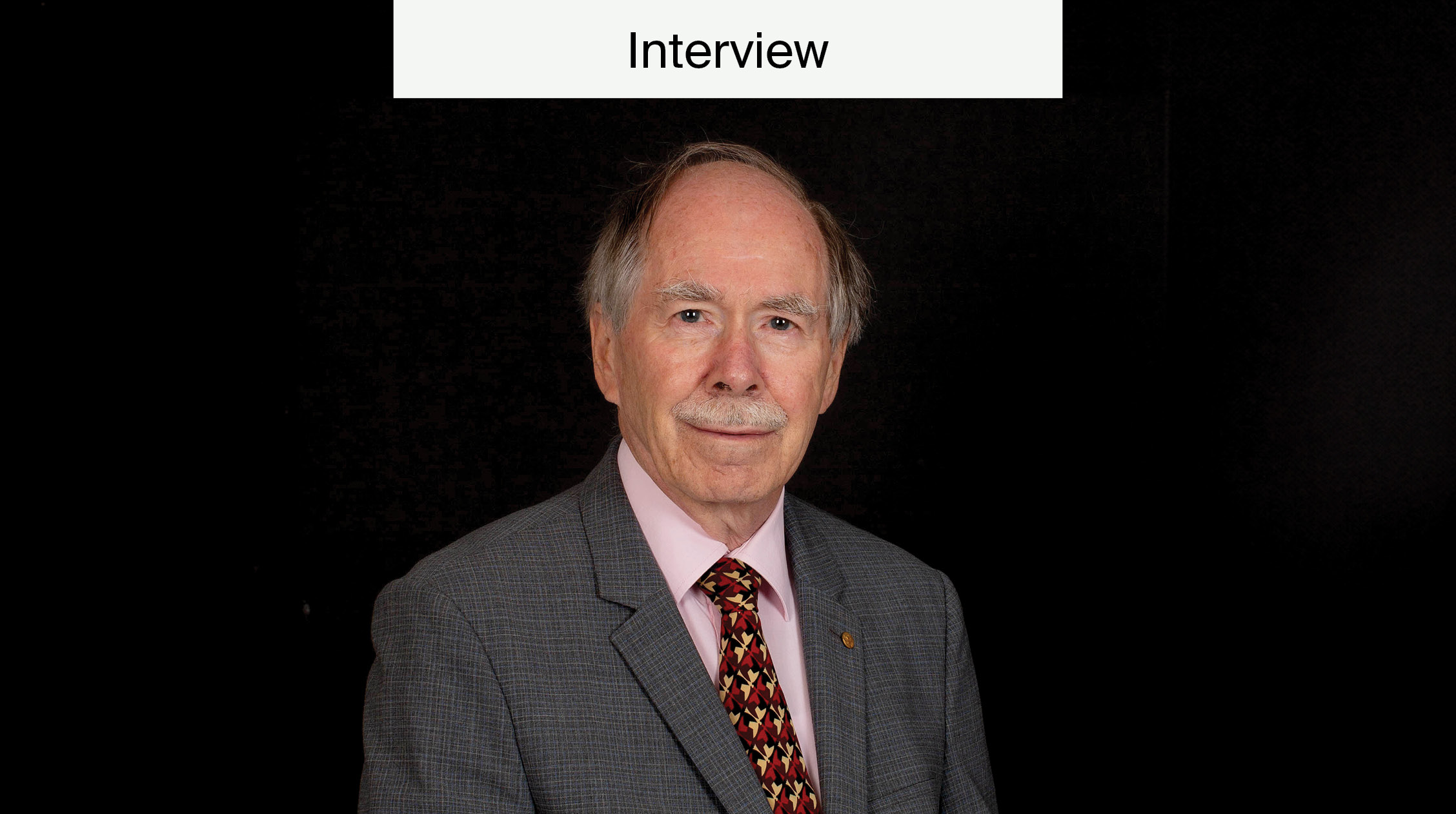
An Interview with Nobel Laureate Prof Gerard ‘t Hooft
Professor Gerard ‘t Hooft received the Nobel Prize in Physics in 1999 for his work elucidating the quantum structure of electroweak interactions, laying the foundations for further breakthroughs in the field. Today, his work continues to be instrumental to the development of theoretical physics.
To recognize his continued impact, he has been awarded the Universe 2023 Best Paper Award for his paper “Quantum Clones Inside Black Holes”. In celebration, we were able to connect with Prof ‘t Hooft to ask him some questions about the expansive field of theoretical physics. Touching on topics such as the motivation behind his research, the key questions in the field today and the importance of quantum mechanics in answering these questions, Prof ‘t Hooft’s answers provide valuable insight and guidance for researchers in the field.
Developing an interest in quantum research
You’ve spoken previously about your family’s influence on your decision to study the sciences. What has sustained your interest in theoretical physics over the years?
“Indeed, I was fortunate to have several successful scientists in my family, who were all extremely inspiring—they really gave me the perfect examples.
The landscape of Theoretical Physics has been an exciting and enjoyable one during all the time that I was involved with it. The history was exciting, great stories were told about the numerous puzzles, research and the great discoveries that were made, and I enjoyed being close to many events that are still being remembered and glorified today. So yes, this is why I always have been highly interested.
And surely these exciting developments are still going on, and we continue to learn more. But unfortunately, the subject is also becoming harder. The competition is intensifying, while the opportunities to gain cheap successes are diminishing. There’s nobody to blame for that, it is just the nature of the field that has changed. Easy problems have been solved while all the hard ones are still left.
This also appears to be the situation for experimental physics, in particular the topics in experimental elementary particle physics. What has been left to be discovered? Fortunately, there are still mysteries. The most important ones are:
- How exactly should we reconcile the laws of the quantum particles with those of General Relativity?
- What kinds of studies and calculations should be done to figure this one out? And yes, there are still other blank spots on the map. Dark matter, dark energy, and the origin of freely adjustable constants of Nature, etc. But these are only a few spots where our understanding is unclear, and I find it worrying that there are not much more fundamental mysteries left. But not everyone agrees.
And not everyone agrees with these concerns. Other scientists had similar worries at the end of their careers, and they were found to be baseless. Hopefully my worries are also unfounded. We’ll see.”
Publishing groundbreaking research with MDPI’s Universe
What, for you, is the most exciting element of your research paper “Quantum Clones Inside Black Holes”? Your work has had far-reaching effects in theoretical physics. How do you think your paper on Quantum Clones will contribute to the future of Black Hole research?
“So, my work on these ‘quantum clones’, if successful, will be only one step in the right direction. I have made other such steps before, and I hope to be able to continue. The horizon(s) of a black hole are not just a sink for information, they are more like mirrors that project the missing information back to us.
You didn’t ask, but a very important subject is the mystery produced by the quantum laws of Nature. Most investigators think that quantum mechanics forces us into applying equations that don’t tell us with infinite precision how fields and particles should behave. I now believe most firmly that, if the equations are found, quantum mechanics as it is known and understood today, will just disappear as a separate ‘force’, or source of information.
I expect that more investigators will argue, like I do, and discover that I am right: the doctrine called quantum mechanics today merely works as a purely mathematical scheme to deal with statistics. There are so many fields and particles active in our universe that advanced statistical methods are indispensable. The most powerful version of statistical methods is ‘quantum mechanics’. And without this insight, people will not discover the right equations.”
Advancing research
Supporting the publication of breakthrough research is key to MDPI’s values. Universe, for which the inaugural issue was released in 2015, aims to continue supporting researchers to make research open access and visible.
To learn more about journal awards, visit the dedicated MDPI page here.










